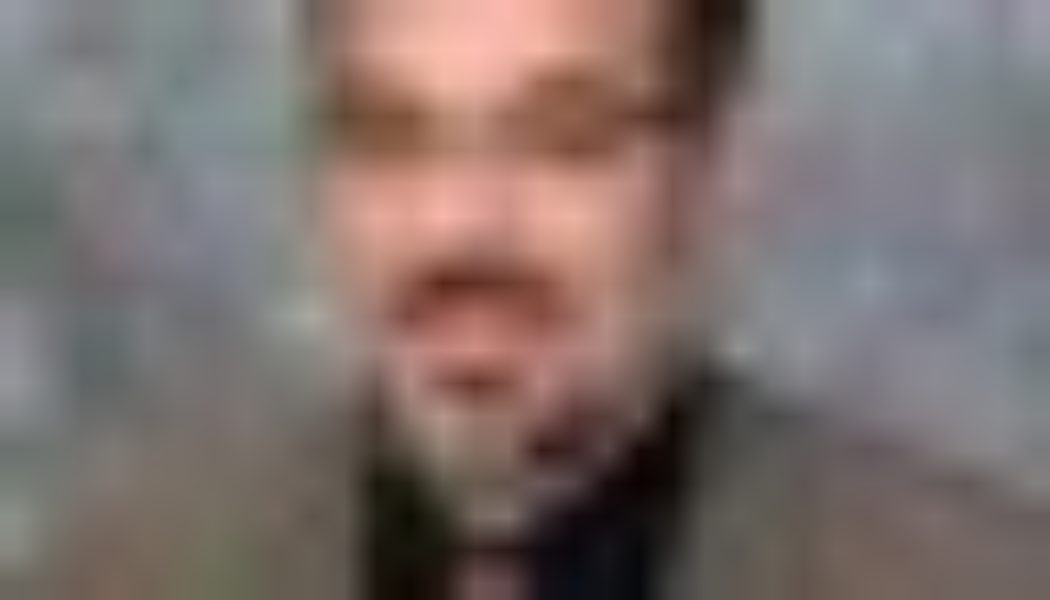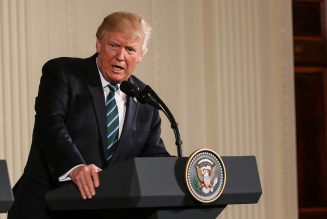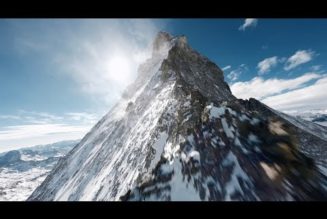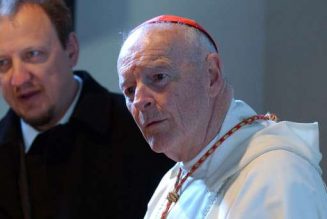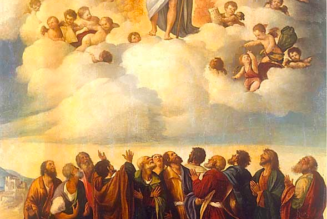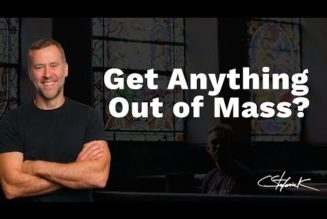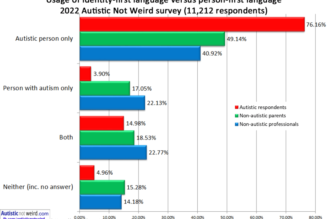, July 15, 2021

This Sunday, the 16th Sunday in Ordinary Time Year B, the readings show us how we should behave in the world when we feel like we are walking through a dark valley with God far off and no one but weak and wicked shepherds to guide us.
In the Gospel, Jesus heads off to rest a while. We should be like the crowds who won’t let him rest.
Jesus’ words Sunday are among the most refreshing in the Gospel: “Come away by yourselves to a deserted place and rest a while.”
These words have launched countless retreats that have done enormous good for Christians over two millennia as we learned that we are not made for continuous labor. These words are also critical for those who serve others to keep in mind: The Christian life only works when it is a series of breaks we take with God followed by efforts we make for human beings.
The first break the Apostles get is in the boat. They don’t seem to need to boat to get where to their place of retreat is, because when the crowds “came to know about” their plans, “They hastened there on foot … and arrived at the place before them.”
When they get off the boat Jesus “saw the vast crowd” and “his heart was moved with pity for them, for they were like sheep without a shepherd.”
This Gospel comes at the end of the Sixth Chapter of Mark, and it is worth nothing that each of the previous chapters ends with Jesus’s plans being interrupted: By a leper, the Pharisees, and his family members, by terrified apostles in a storm and by Jairus and the woman with the hemorrhage.
The message is unmistakable: We need to interrupt Jesus, and demand to be noticed. He is the lover of our souls who wants to make us whole, but it only works if we want his healing — so we have to step out and demand it.
That’s because Jesus’s move toward us needs an answering move from us.
Jesus Christ is God, the Second Person of the Trinity. Sunday’s Gospel is very much like the whole incarnation.
In the typology of Genesis, God created mankind on Day 6, and then he announced the original “come away and rest a while” when he rested on the seventh day, hallowing the Sabbath. What happened next? We interrupted his plans with sin and he had to leave his place of rest to come and save us, necessitating what Tradition calls a “Day 8” of re-creation to come.
Sunday’s Gospel thus communicates a fundamental truth at the heart of mankind: God sees us as “sheep without a shepherd” and so interrupts his state of completion and fulfillment to come and shepherd us himself.
The First Reading for Sunday tells the tale. Jeremiah sees that salvation history, from Noah to Abraham, Isaac and Jacob — and even David — has been insufficient. The best of figures in salvation history are deeply flawed, while most of the leaders in the Bible are bad kings, idol worshipers and bloodthirsty killers; and most prophets are liars who flatter them for personal gain.
In Sunday’s reading, God promises that the days of bad shepherds are over. “I will raise up a righteous shoot to David,” who will be “the Lord our justice,” a true king at last for his people.
That is a prophecy of the incarnation, that great act in which God left his “way of life” to come to us. Like the people who came “on foot from all the towns” in today’s Gospel, we have to do the same and leave our “way of life” to meet him where he landed.
If Jesus seems far off, it is not his fault; it is ours.
In the Second Reading, from Ephesians, St. Paul says “you who once were far off have become near by the blood of Christ.”
Notice that he doesn’t say God was ever far off; he says we were.
How could we have been far off, when God is not just the creator of all, but is the ground of all being, the one who sustains us in existence at every moment and pours out every blessing we experience every day? Because of a “dividing wall of enmity,” says Paul.
He was far off the way our spouse, parent, or sibling is far off when we are at odds with each other: They share our genes and our name, and they share our address, our riches and our poverty, but because of “enmity” — because of sin and unforgiveness — we are far from them. The only way to get close is for someone to forgive and love, restoring unity.
Jesus, in our case, was the one who forgave and loved, “that he might create in himself one new person in place of the two, thus establishing peace, and might reconcile both with God, in one body, through the cross,” Paul says.
In the Gospel, it was not difficult for the people to reach him on foot; they just had to run to the place they knew he would be. It’s the same for us. He isn’t far off, he is nearby, but we do have to make the effort to go to where he is.
This Sunday we hear just about everybody’s favorite Psalm, and it reveals how close God has come to us, and far off we have stayed.
Before we encounter Christ, we are in “the dark valley” of Psalm 23. The Fathers of the Church see this as a metaphor for the world that exists in the shadow of death, the realm of Satan. But they see the shepherd of the Psalm in the body of Christ, the Church: In the Church, he leads us to the “restful waters” of baptism; he gives us his “rod,” because “those he loves, he corrects,” and his “staff” — the cross. Most of all he gives us his Eucharist, the table spread in the sight of our foes with overflowing cup.
The key is that none of this is automatic. In the Psalm he “leads me” — meaning I have to follow. He “guides me in right paths,” but I have to walk them. In the valley of the shadow of death I can say “I fear no evil,” but only if I walk through it with him.
If we are there without a shepherd, we are literally unable to move off of square one. We are not safe and have no idea where to go. As St. Augustine put it: “When you say, ‘the Lord is my shepherd,’ no proper grounds are left for you to trust in yourself.”
That’s us. We cannot make it through this world alone, so we should be eager to run to Jesus Christ, disturb his rest, and get him to show us the way to go.
If the Lord is our shepherd, we shall not want. But if he isn’t … we are lost.
Image: Underground youth prayer event at
Benedictine College in Atchison, Kansas.
Tags: 16th Sunday in Ordinary Time Year B, prayer, Sunday Gospel, Sunday Readings
Never miss a post! Subscribe below to our weekly newsletter.
Related
Join Our Telegram Group : Salvation & Prosperity
